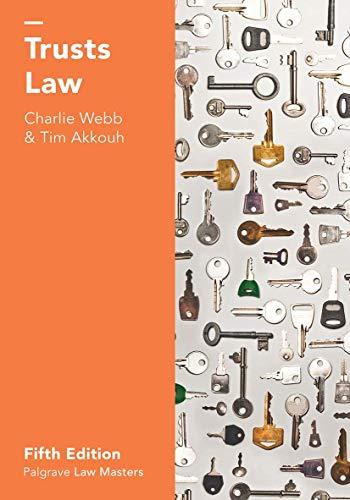Comparative criminal justice Just explain what grand theory seems the most important and why. I put all the grand theories down and definitions Argue which
Comparative criminal justice
Just explain what grand theory seems the most important and why. I put all the grand theories down and definitions
Argue which theory or explanation you find most convincing and why?
Modernization TheoriesGrand theories typically assume that a single theoretical construct significantly impacts a nation's crime level. Shelley's Crime and Modernization (1981) is an early example of this methodology. As the title indicates, Shelley uses empirical evidence to show that modernization provides the best theoretical explanation for the evolution of crime in recent history.
Civilization TheoryAnother grand theory uses a comparative historical approach to show a link between crime and civility. For example, these civilization theorists note that murder was more common in the Middle Ages than now and dropped dramatically in the seventeenth, eighteenth, and nineteenth centuries. This contradicts modernization theory directly because it suggests that violent crime, at least, decreased rather than increased as modernization dismantled traditional family and community bonds.
World System TheoryOther grand theories take politics as the key construct. World system theory, for example, draws from the Marxist perspective to explain that as capitalism expands, it disrupts indigenous cultures and traditional means of subsistence. The resulting exploitation from the outside and new inequalities within disrupt political and legal formations and create class conflict (Howard et al., 2000). This perspective treats industrialization and urbanization as the outcomes of capitalist expansion. Unlike the modernization perspective, which sets modernization as a key predictor of crime rates, the world system perspective uses modernization only as an intervening variable. In this way, it argues that the effect of industrialization and modernization depends on how modes of production interact with one another.
Opportunity TheoriesOpportunity theories suggest that the occurrence of crime is best understood as the result of modern economies and social organization that provide increased opportunities to engage in criminal behavior. More goods are purchased as expanding economies create more expendable income, and those goods become available for theft. Technological gains produce smaller and more portable electronic devices that are easily stolen. Changes in social organization (e.g., both spouses working and increased leisure time mean more hours of the day when the home is unoccupied) result in less guardianship over household items and more opportunities for theft.
Feminist TheoryFeminist theories examine how indicators of gender inequality influence crime rates, particularly gender differences in crime rates (perpetration of crimes by men or women, and victimization of women or men) and differences in rates of gendered crimes (domestic violence, for example). This is a large body of research that has generally been undertheorized (Hunnicutt, 2009) and new indicators of gender equality are now emerging that can be used in cross-national research (Barberet, 2014).
Step by Step Solution
There are 3 Steps involved in it
Step: 1

See step-by-step solutions with expert insights and AI powered tools for academic success
Step: 2

Step: 3

Ace Your Homework with AI
Get the answers you need in no time with our AI-driven, step-by-step assistance
Get Started


